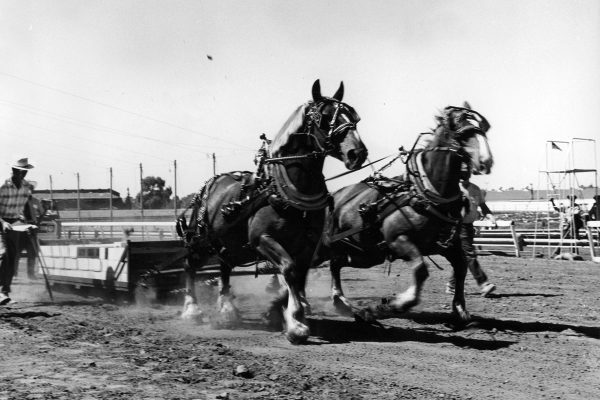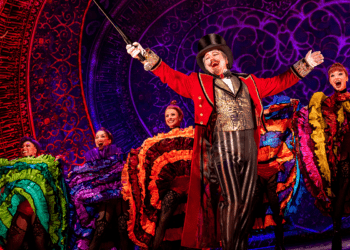There are not as many horses around the city of Omaha as there used to be. You still see a few now and then, mostly downtown, generally being ridden by police officers as bars close, shooing people out of the streets.
Nebraska was declared a territory of the United States on May 30, 1854, by the Kansas–Nebraska Act of 1854. This act, drafted by Democratic Sen. Stephen A. Douglas of Illinois and President Franklin Pierce, was partially created to open up thousands of new farms and make feasible a Midwestern Transcontinental Railroad.
It was the height of the Old West. Four years earlier, Horace Greely, editor of the New York Tribune, popularized the saying “Go West, young man,” and many did. Essential to this movement was the horse.
While horses were ridden as transportation, they could very literally be the difference between life and death for territorial settlers. A team of horses was used to break the prairie land into workable crop land. Horses were also used to haul goods to and from towns.
As a result, horse thievery was treated very seriously. In fact, the same year Nebraska was declared a territory, the Anti Horse Thief Association was organized in Clark County, Missouri.
One story regarding this subject in Nebraska involves a pair of unnamed vagabonds, who, in the summer of 1856, stole two horses from settlers and sold them to Pawnee Indians near Elkhorn. The horses freed themselves and wandered back to their homes in Omaha.
The Indians followed the horses’ trail and claimed them as theirs, but the original owners queried them about who they had bought the animals from. The settlers were promised that the next time the vagabonds showed up with horses, the Pawnee would alert them. Not long after the first incident, the same pair showed up with mules for sale, and the Pawnee held them while the authorities were notified.
There was no jail in Omaha at the time, so the citizens came up with a suitable punishment: First they shaved half of each of their heads. The locals then tied the men to a pole in the center of town (at that time 12th and 13th Streets between Harney and Farnam streets) where they were whipped by the Indians and the settlers from whom they stole the horses. The men were then free to leave, with the condition they never return to Nebraska.
They got off easy: In March 1858, two horse thieves from Iowa, Harvey Braden and John Daley, were caught near Florence (now northeast Omaha) with stolen horses in their possession. Following a few days in a jail at 16th and Farnam Streets, a group of Omahans took justice into their own hands. They took Braden and Daley out of their jail cell and moved north toward Florence, specifically to a stout oak tree, where they hanged the thieves.
Nebraska was granted statehood on March 1, 1867. In March 2017, Omaha Magazine published a collection of horse-related articles that appear in the Longines FEI World Cup Jumping and FEI World Cup Dressage Finals held in Omaha. This was the third of those articles. The other articles in this series are:
rhttp://omahamagazine.com/articles/the-omaha-tribe-and-horses/














